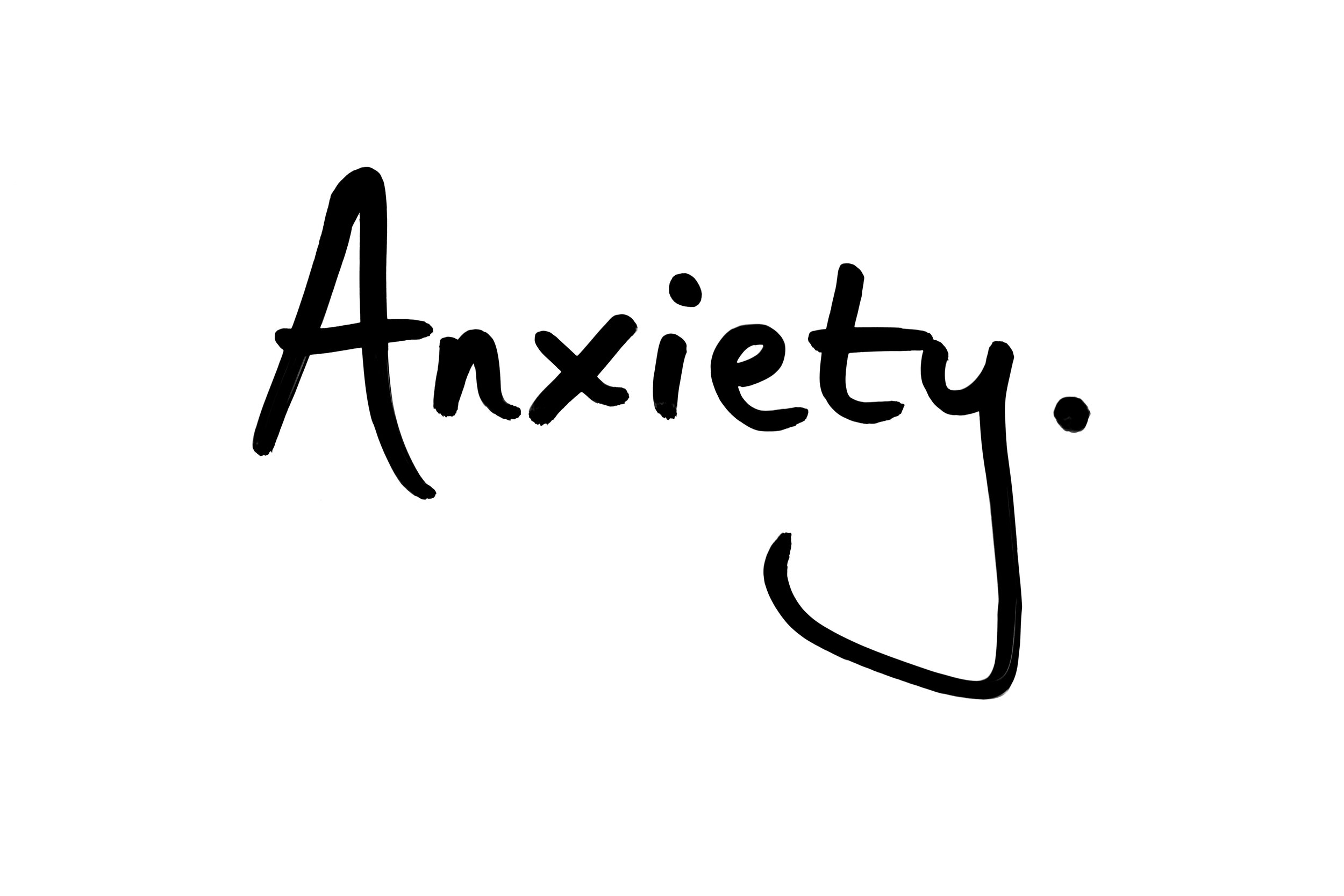Health Anxiety: What It Is, and When To Seek Help
In a world where a large chunk of our daily news intake is currently made up of tallies and news of illness spreading, it’s understandable that such thoughts may begin to take over our psyches. Even pre-pandemic, thoughts and obsessions about becoming seriously ill, worries about coming in contact with illnesses, or over-analysis of symptoms, were commonly reported amongst our patients. What happens when these thoughts, and potentially anxiety reducing actions, begin to interfere with our lives? When the worries become interwoven with everyday living?
Health anxiety is a condition wherein we cannot stop thinking about potential symptoms and begin to catastrophize them. We often create rituals or habits of inspection to look for anything seemingly out of place and then gather as much information on them as possible. After all, armed with the World Wide Web at our fingertips, it becomes difficult to not look up that “throaty” sounding cough, or that “headache above eyebrows.” But what if the answers only serve to exasperate our anxious minds, rather than put them at ease? In the case of health anxiety, deep diving for more information does little to satiate the nerves that come along with the feeling that there is something wrong; something that only we can feel.
In our daily lives, our bodies do so much to keep us functioning, much of which we don’t ever stop to think about. Our bodies regulate our breathing, our heartbeat and rate, and our sight adjusts for every stimuli we encounter. However, sometimes these are sensations which we become hyper—fixated upon, and they begin to consume more time, thought, and energy as they used to. When we begin interpreting these normal bodily functions with the thought that something may be wrong, we begin setting off alarms in our heads — alarms that may be false. Sometimes, being overly concerned with harmless physical traits may provoke unnecessary and extremely draining worry and reactions. Even more, the symptoms of this undue anxiety cause their own bodily reactions.
Anxiety can manifest in a multitude of ways including increased breathing and heart rate, dizziness, tingling in our extremities, chest pressure, stomach upsets, and so on. This begins feeding into a cycle which only perpetuates the anxiety and causes us harm, especially when we begin seeking reassurance from doctors.
Can you spot any of these symptoms popping up in your life? You are far from alone. Health anxiety is now classified as Somatic Symptom Disorder or Illness Anxiety Disorder. The first step in finding relief begins with understanding and self-awareness.
According to Mary Dobson: “Health anxiety is experienced by many of my patients who are indispensable in their own lives due to young children, important work, aging parents, and other imperative responsibilities. To me, health anxiety reveals that an individual is thankful for their life, and understands its preciousness. Perhaps the individual has experienced the premature or sudden loss of a loved one or friend, and posits that a similar fate could befall them. I like to reframe health anxiety as a way for patients to recognize how much they appreciate and value their lives, and how aware they may be that they are doing unique work on this planet in roles that provide them meaning, purpose, and designation. Such factors would make someone fear a loss. If ‘freedom’s just another word for nothing less to lose,’ then the opposite is also true. Buddhist monks sometimes meditate on the image of their own decaying corpses as a way to channel perspective and thankfulness into the mundane activities of the day. Morbid as this practice sounds, health anxiety is not so dissimilar. So, I encourage patients to vocalize their gratitude; and rather than fight their anxieties, channel them into a meditation, and let them add to the richness of their lives rather than diminish them.”
If you suspect you are battling health anxiety, do seek support. Carrying big worries alone is arduous and ultimately fraying. if you have been to doctors for your physical symptoms, you may want to seek a counselor to help you bear the weight of these thoughts and sort through the mental symptoms in partnership and collaboration. By examining thought processes, patients can overcome the constant weight that anxiety about health has added to their lives.
Co-written by Natasha Pawa and Mary Dobson.

